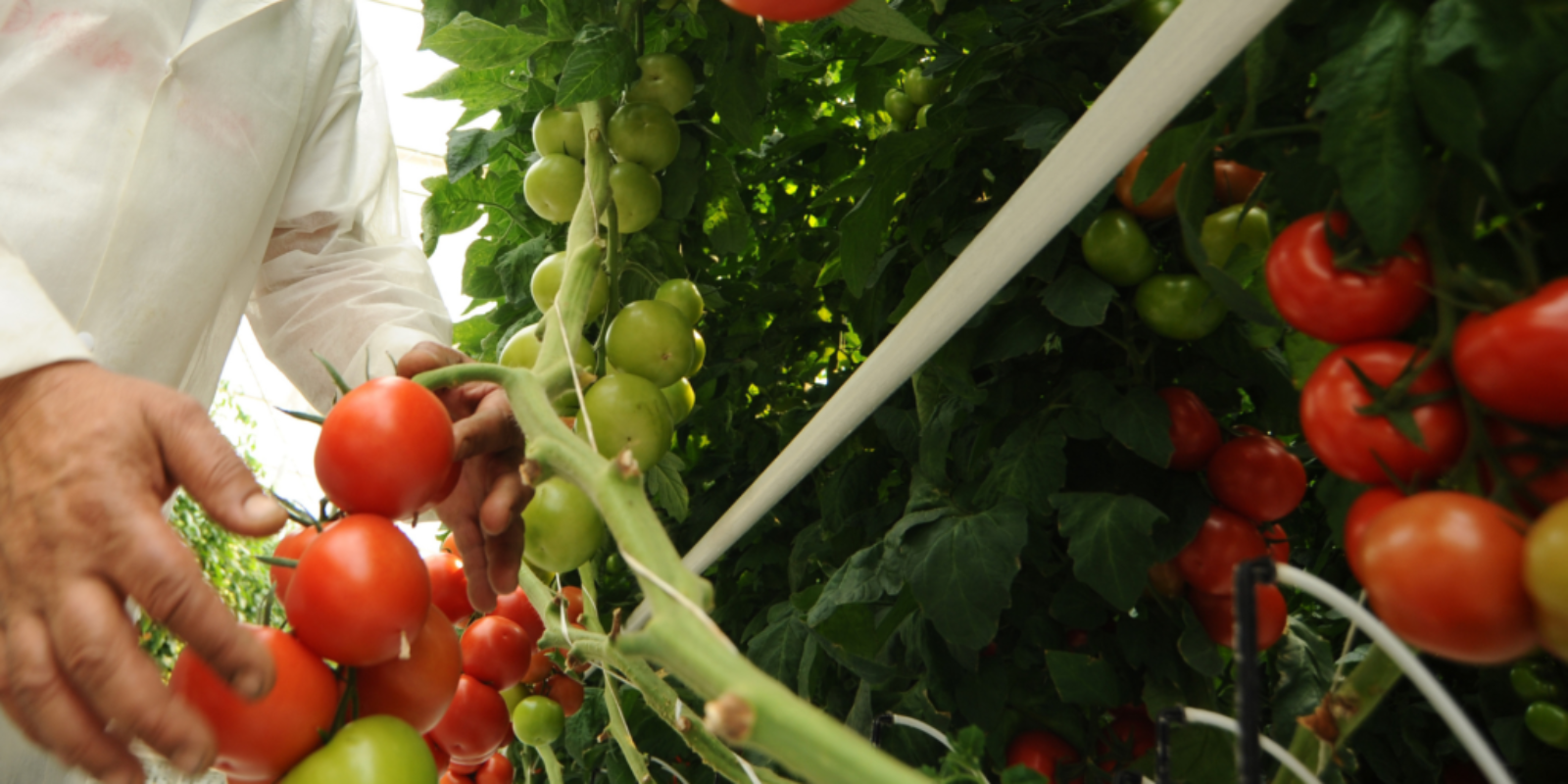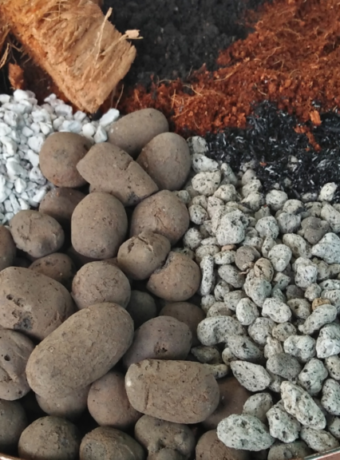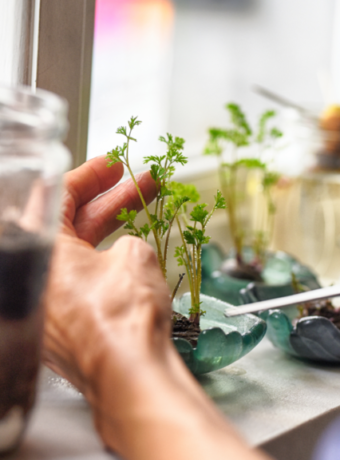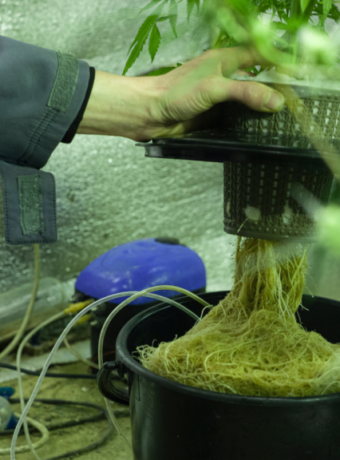When it comes to hydroponic gardening, there are a lot of different options available in terms of what types of plants you can grow. However, not all plants are well-suited for hydroponic systems. In general, plants that require a lot of water or have large root systems are best suited for hydroponics. With that in mind, here are some of the best foods to grow in a hydroponic garden:
Tomatoes
Tomatoes are one of the most popular vegetables to grow in a hydroponic garden. They require a lot of water and their roots can spread out wide, making them ideal for a hydroponic system.
First of all, tomatoes need a lot of light, so make sure your grow lights are strong enough. You’ll also need to provide plenty of nutrients for your plants, since they won’t be able to get them from the soil. Also, be careful not to overwater your tomatoes, as too much water can actually damage the plants.

Lettuce
Lettuce is a cool weather crop that thrives in hydroponic systems. With a little care, you can enjoy fresh, homegrown lettuce all year round.
Choose a hydroponic system that is designed for growing lettuces. Some systems are better suited for leafy greens, while others are better for root crops like potatoes. Make sure you select a system that will give your lettuces the right amount of space and support. Start with high-quality seedlings or seeds. This will give your plants the best chance of prospering in their new home. Lettuces need a lot of light, so make sure your grow lights are positioned close to the plants. If possible, provide at least 14 hours of light per day.

Cucumbers
Like tomatoes, cucumbers are another vegetable that does well in a hydroponic garden, and hydroponic cucumbers are typically more nutrient-dense than those grown in soil.
However, they also require a lot of water and have large roots, so opt for a dwarf or mini cucumber variety. These varieties are better suited for growing in small spaces and don’t require as much vertical space as traditional varieties. Keep the roots cool and moist. Cucumber roots prefer temperatures in the 60-70 degree Fahrenheit range. Misting the roots with water several times per day will help to keep them moist without promoting root rot. Don’t forget to provide plenty of light. Cucumbers need at least 14 hours of light per day, so if you’re growing them indoors, you’ll need to supplement with grow lights.

Strawberries:
Strawberries are a great option for a hydroponic garden, because they have shallower roots and do not require as much water as other plants, but being a fruit, they need specific conditions.
It is necessary that you take into account some care, so that the plants have an optimal development and obtain a good production of fruit. The first thing you should do is select the strawberry variety you want to grow. There are many on the market, so it is best to consult with an expert to see which one adapts best to hydroponic cultivation. The ideal pH for strawberry plants is between 5.5 and 6.5, so it is necessary to check that the water with which they are irrigated is within these parameters.
The plantation can be done directly in the Hydroponic system or in pots that are placed inside it. In both cases, it is important that the substrate used does not retain too much water, as this can favour the development of diseases in the roots of the plant. An alternative substrate is expanded clay balls, which have good drainage capacity and help keep roots oxygenated.

Herbs
If you’re interested in growing herbs hydroponically, there are a few things you’ll need to keep in mind. First, it’s important to choose the right plants for your system. Some herbs, like mint and basil, can be quite aggressive and may quickly take over your garden if left unchecked. Others, like cilantro and chives, are more delicate and will require more attention. Second, you’ll need to make sure your hydroponic system is well-ventilated. Herbs need plenty of air to thrive, so be sure to provide them with a good air circulation system. Lastly, you’ll want to fertilise your plants regularly. Herbs are heavy feeders and will need a steady supply of nutrients to stay healthy. With a little care and attention, you can easily grow a thriving herb garden hydroponically!



